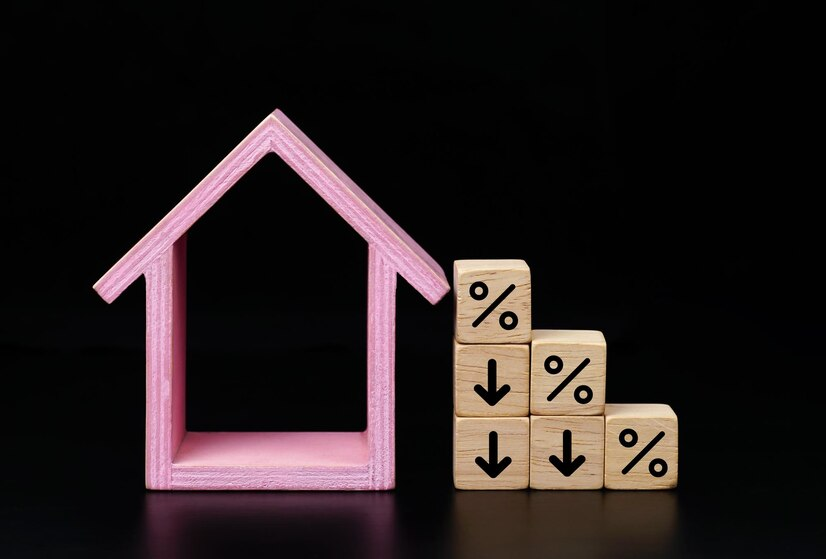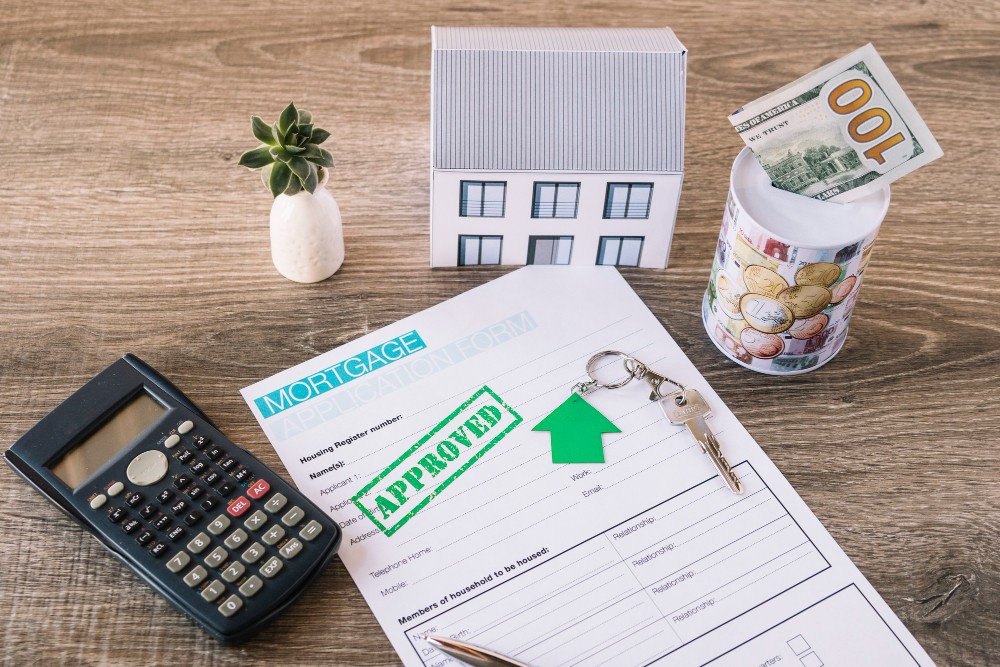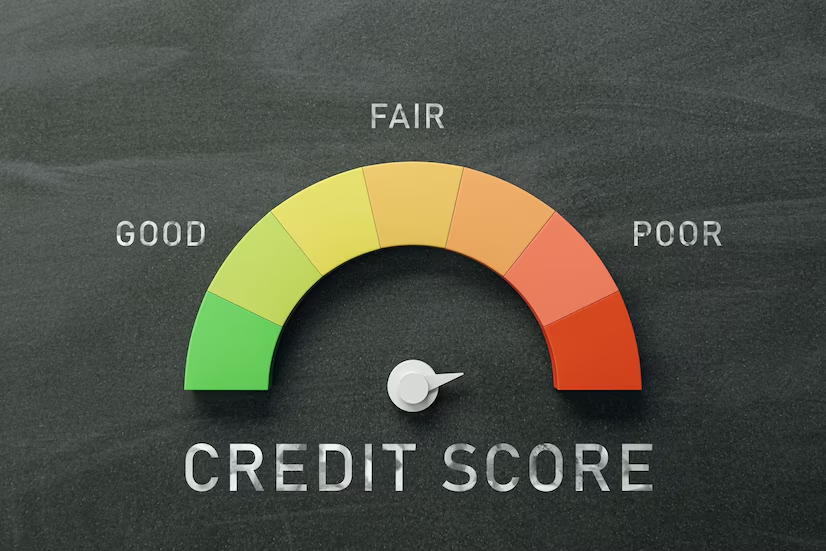Purchasing your first home is an exciting milestone, but it also comes with a plethora of decisions to make, including securing a mortgage. With the right knowledge and preparation, you can navigate the process with confidence and secure the best mortgage rates available. In this comprehensive guide, we’ll walk you through everything you need to know as a first-time homebuyer to secure the most favorable mortgage rates and terms.
Understanding Mortgage Rates
Before diving into the specifics of securing the best mortgage rates, it’s essential to understand how mortgage rates work. Mortgage rates represent the interest charged by lenders on a home loan, expressed as a percentage of the loan amount. These rates fluctuate based on various factors, including economic conditions, inflation, market demand, and the borrower’s financial profile.
Factors Influencing Mortgage Rates
Several key factors influence mortgage rates, including:
- Economic Indicators: Mortgage rates are closely tied to economic indicators such as the Federal Reserve’s monetary policy, employment data, GDP growth, and inflation rates. Positive economic trends typically lead to higher mortgage rates, while economic uncertainty or downturns may result in lower rates.
- Credit Score: Your credit score plays a significant role in determining the mortgage rates you qualify for. Borrowers with higher credit scores generally qualify for lower interest rates, as they are considered less risky to lenders. It’s essential to maintain a good credit score by paying bills on time, keeping credit card balances low, and managing debt responsibly.
- Down Payment: The size of your down payment can impact the mortgage rates available to you. A larger down payment typically results in lower interest rates, as it reduces the lender’s risk and demonstrates your financial stability. Aim to save for a substantial down payment to qualify for the best mortgage rates possible.
- Loan Term: The term of your loan, such as 15-year or 30-year, can affect your mortgage rates. Shorter loan terms often come with lower interest rates but higher monthly payments, while longer loan terms may have higher rates but lower monthly payments. Consider your financial goals and budget when choosing the loan term that’s right for you.
Tips for Securing the Best Mortgage Rates
Now that you understand the factors influencing mortgage rates, here are some tips to help you secure the best rates as a first-time homebuyer:
- Improve Your Credit Score: Take steps to improve your credit score before applying for a mortgage. Pay off outstanding debts, dispute any errors on your credit report, and avoid opening new lines of credit. A higher credit score can qualify you for lower mortgage rates.
- Shop Around: Don’t settle for the first mortgage offer you receive. Shop around and compare rates from multiple lenders to find the most competitive offer. Consider working with a mortgage broker who can help you access a variety of loan options from different lenders.
- Consider Different Loan Types: Explore various loan types, such as conventional loans, FHA loans, VA loans, and USDA loans, to find the best fit for your financial situation. Each loan type has its own eligibility requirements, down payment options, and mortgage rates, so it’s essential to weigh the pros and cons carefully.
- Increase Your Down Payment: Save for a larger down payment to qualify for lower mortgage rates. Aim to put down at least 20% of the home’s purchase price to avoid private mortgage insurance (PMI) and potentially secure better loan terms.
- Negotiate Closing Costs: In addition to mortgage rates, consider negotiating closing costs with your lender. Ask about discount points, origination fees, and other closing costs, and see if you can negotiate lower fees or credits to offset some of these expenses.
- Lock in Your Rate: Once you’ve found a favorable mortgage rate, consider locking it in to protect against potential rate increases while your loan application is processed. Rate locks typically last for 30 to 60 days but may vary depending on the lender.
FAQs
- What are mortgage rates, and how do they affect my monthly payments?
Mortgage rates refer to the interest rates charged by lenders on home loans. Higher mortgage rates result in higher monthly mortgage payments, while lower rates lead to lower payments. Securing a lower mortgage rate can save you money over the life of your loan.
- How can I qualify for the best mortgage rates as a first-time homebuyer?
To qualify for the best mortgage rates, first-time homebuyers should focus on improving their credit score, saving for a larger down payment, shopping around for the most competitive rates, and considering different loan options. Maintaining stable employment and a low debt-to-income ratio can also improve your chances of securing favorable rates.
- What credit score do I need to qualify for the best mortgage rates?
While specific credit score requirements vary by lender and loan type, generally, a credit score of 740 or higher is considered excellent and qualifies for the best mortgage rates. However, borrowers with lower credit scores may still qualify for competitive rates by demonstrating other factors such as a stable income and low debt levels.
- Should I choose a fixed-rate or adjustable-rate mortgage (ARM) for the best rates?
Fixed-rate mortgages offer stable, predictable payments throughout the loan term, making them a popular choice for first-time homebuyers seeking security and peace of mind. Adjustable-rate mortgages (ARMs) may initially offer lower interest rates but come with the risk of future rate adjustments. Consider your financial goals and risk tolerance when choosing between fixed-rate and ARM loans.
- How can I compare mortgage rates from different lenders?
To compare mortgage rates from different lenders, gather quotes from multiple lenders based on your loan requirements and financial profile. Consider factors such as interest rates, loan terms, closing costs, and lender fees when evaluating offers. Working with a mortgage broker can also help you access a variety of loan options from different lenders.
- What is mortgage pre-approval, and how does it impact my ability to secure the best rates?
Mortgage pre-approval is a preliminary evaluation by a lender that determines how much you can borrow and at what interest rate. Obtaining pre-approval signals to sellers that you’re a serious buyer and can strengthen your offer in a competitive housing market. Additionally, pre-approval can help you lock in a favorable interest rate before rates increase.
- Can I negotiate mortgage rates with lenders?
Yes, you can negotiate mortgage rates with lenders to some extent. While lenders may have standard rates based on market conditions and your financial profile, you can often negotiate certain loan terms, such as closing costs, origination fees, and discount points. Consider comparing offers from multiple lenders and leveraging competing quotes to negotiate the best rate.
Conclusion
As a first-time homebuyer, securing the best mortgage rates is essential for achieving your homeownership goals and saving money over the life of your loan. By understanding the factors that influence mortgage rates, improving your credit score, shopping around for the best offer, and considering different loan options, you can maximize your chances of securing favorable loan terms. Remember to take your time, do your research, and consult with a trusted mortgage professional to guide you through the process. With careful planning and preparation, you’ll be well on your way to securing the keys to your dream home at the best possible rates.


















